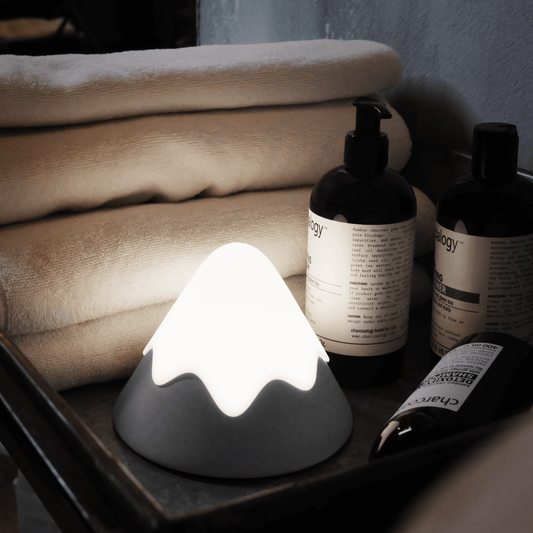In the body, magnesium plays a role in over 300 biochemical reactions. As we age, our magnesium levels decline, so taking magnesium supplements can help maintain these levels.
There are numerous health benefits associated with magnesium supplements, including the ability to fight inflammation, improve immunity, relieve constipation, lower blood pressure, and improve sleep quality, among many others.
The exact mechanism by which magnesium improves sleep is unknown to scientists, but studies have shown that it plays an active role in ion channel conductivity. These ion channels play an essential role in neural communication, nerve conduction and muscle contraction. Deficiencies in magnesium have been linked to a lower quality of sleep because we need our bodies to be relaxed.
Furthermore, magnesium regulates the hormone melatonin, which helps guide your sleep cycle.
A 2012 study found that taking 500 mg of magnesium daily for eight weeks improved sleep time, sleep efficiency, and REM sleep. ref
Which type of magnesium should I take for better sleep?
The most effective form of magnesium for sleep is magnesium glycinate, so make sure whatever you are taking contains it. Studies have shown that glycine improves sleep quality and promotes healthy sleep patterns and REM cycles, making it one of the most easily absorbed forms of magnesium. It contains magnesium and glycine, an amino acid that induces sleep.
A magnesium supplement can also contain magnesium citrate, which is sometimes found with magnesium glycinate to treat muscle cramps and restless legs.
Magnesium Chelate is in a form that is easily absorbed by the body. Chelate magnesium is used as a supplement to maintain adequate levels in the body. Additionally, chelated magnesium can reduce blood pressure, improve sleep, and improve immune health.
Magnesium sulfate, magnesium oxide, and magnesium chloride are all other forms of magnesium. They all have other benefits, but are not as effective for promoting sleep.
In general, it is recommended to take magnesium 30 minutes before bedtime in powder or tablet form both with water. Generally, powder forms come in citrus flavors and are quite tasty.
In addition, magnesium is widely available in our food sources, including nuts, seeds, legumes, leafy green vegetables, whole grains, and dairy. Foods with the highest levels of nutrients can be found on many dietary websites so we won't go into that here.




















